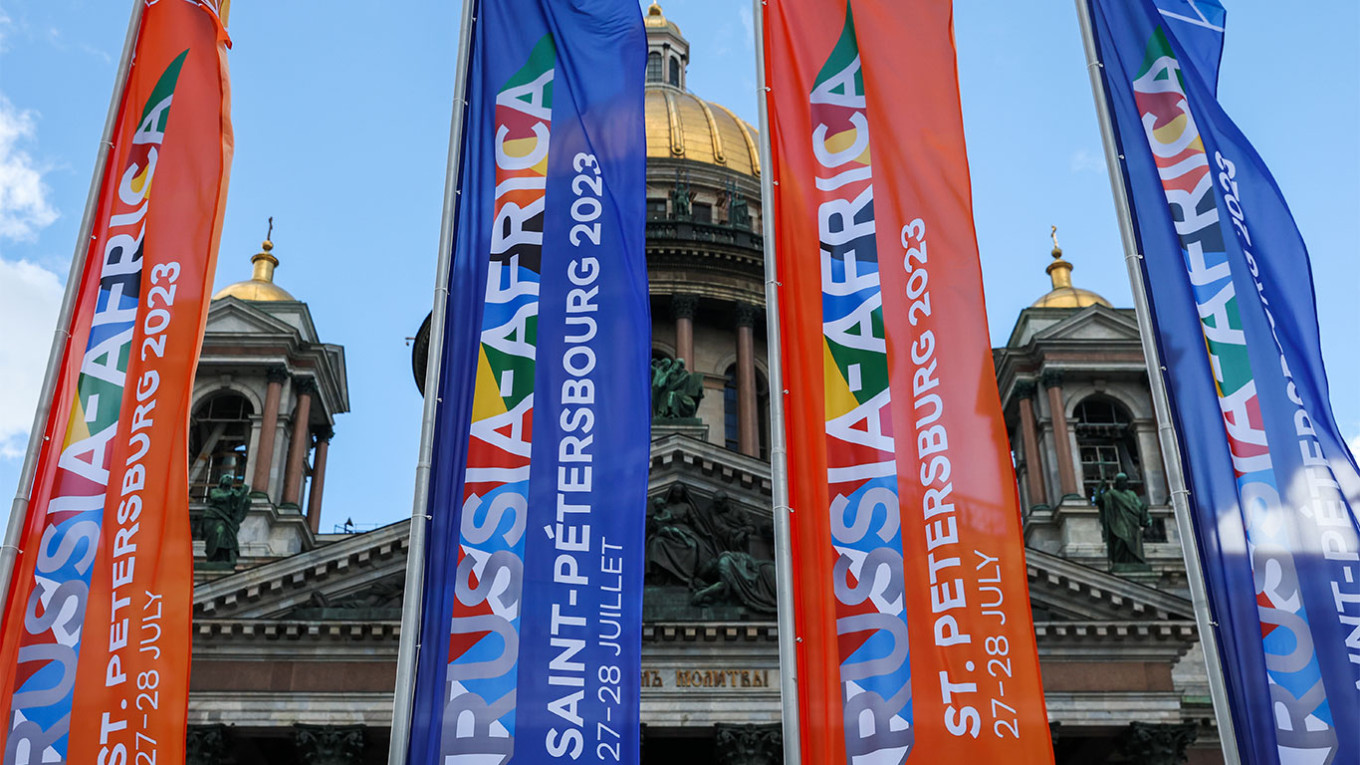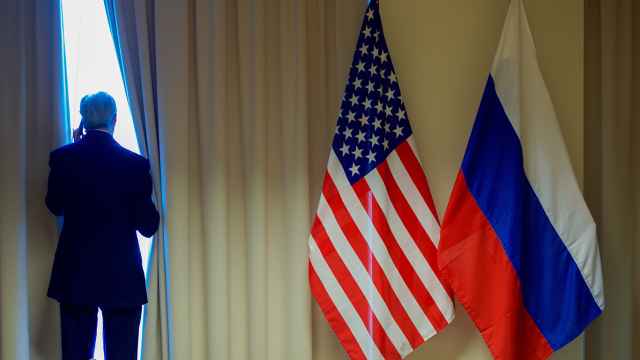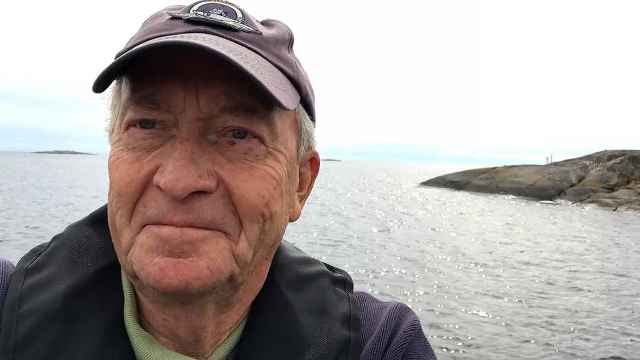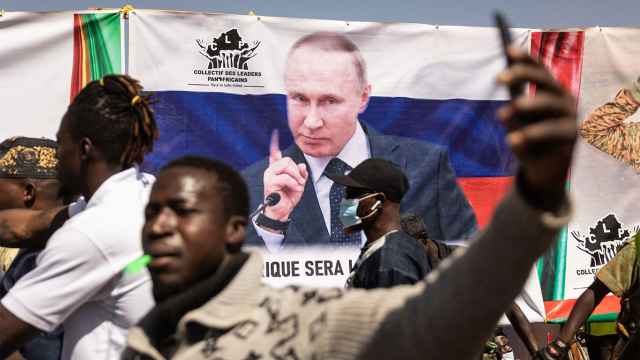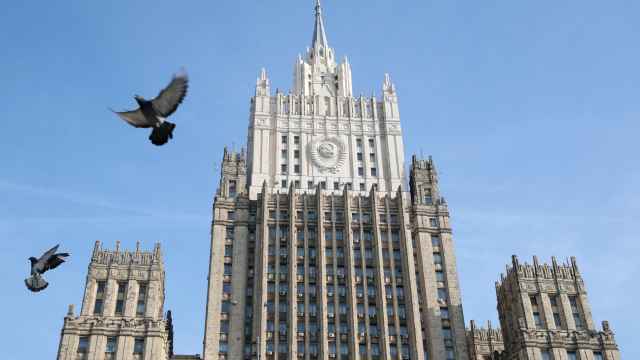The Kremlin will be seeking to clinch new economic agreements and partnerships across the African continent as it hosts delegations from dozens of African states this week — but may come away with less than it hopes for.
The second Russia-Africa Summit, due to commence in St. Petersburg on Thursday, comes as Moscow increasingly turns to African countries in the face of its deepening isolation from the West over the invasion of Ukraine.
But experts say that the widely anticipated summit will likely be much smaller in size and scope than the inaugural event held in Sochi in 2019.
“This summit was such an important feature in Russian diplomacy for the past year…but now that it is approaching, Russia is trying to downplay it,” said Ivan Kłyszcz, an expert on Russia-Africa relations at the International Center for Defense and Security in Tallinn, Estonia.
Presidential adviser Yuri Ushakov said Tuesday that only 17 of 49 states participating in the summit will be represented by their respective heads of state, including Egypt, Mozambique, South Africa, Uganda and Zimbabwe.
In light of the shrinking attendance, the event’s duration was also shortened to just two days compared to the four-day summit of 2019.
Kremlin spokesman Dmitry Peskov claimed that French and American diplomats across Africa were attempting to persuade local leaders against attending the summit.
“The stance of the U.S., France and other states should be condemned…They are taking away African states’ sovereign right to choose their partners,” Peskov told journalists on Tuesday.
But African leaders’ decision to refrain from visiting Russia was likely an independent and well-calculated political decision, albeit one that took into account the West’s ever-worsening relationship with Russia, according to expert Kłyszcz.
“For one, there is no expectation that the Russian economy will boom and that it will become…a profitable market any time soon,” Kłyszcz told The Moscow Times.
“The other calculation has to do with the awareness…that Russia is waging a criminal war,” said Kłyszcz, noting that potential reputational damage and a possible negative effect the attendance could have for other bilateral ties likely tipped the scale for many African leaders.
Russia’s recent withdrawal from the Ukraine grain deal, which threatens to further increase acute food insecurity on the African continent, is expected to dominate both official and behind-the-scenes discussions.
Kenya’s Foreign Secretary Korir Sing'Oei last week labeled the withdrawal “a stab in the back at global food security prices,” while Egyptian Supply Minister Ali El-Mosilhy said his country “wasn’t pleased” with Russia’s decision.
In response to the dissatisfaction voiced by some of its remaining allies, the Kremlin vowed to offer “necessary assurances” to the concerned parties present at the summit.
“Despite the sanctions, Russia will continue to work energetically on organizing shipments of grain, foodstuffs and fertilizer to Africa,” President Vladimir Putin wrote in a pre-forum article on Russia-Africa relations published Monday.
Putin also promised that Russia will substitute lost Ukrainian exports to Africa “both on a commercial basis and free of charge.”
In line with the summit’s official slogan — “For peace, security and prosperity” — South African President Cyril Ramaphosa is expected to facilitate the discussion of a Ukraine peace plan that a group of African leaders pitched to Kyiv and Moscow during visits to both countries last month.
Kremlin adviser Ushakov confirmed Tuesday that an “exchange of views on the settlement of the Ukrainian crisis” between heads of African states and Putin is scheduled to take place at a working dinner on Friday.
Though most African states chose to take on a non-aligned position on the war in Ukraine, Ramaphosa sought to position himself as an active peace broker in the conflict.
"This war is having a negative impact on the African continent and indeed on many other countries around the world," Ramaphosa said during a visit to St. Petersburg in June.
"This war must be settled... through negotiations and through diplomatic means," he added.
Meanwhile, the economic agenda is likely to be dominated by discussions of cooperation in the mining and agricultural sectors, particularly as Russia looks to promote its expertise in agricultural solutions beyond its long-established partners on the continent, according to Kłyszcz.
“There is an echo from the Cold War when Soviet technicians would go into different countries to transfer technologies and share techniques…I think they are [again] trying to do something along those lines,” said Kłyszcz.
Defense cooperation is another topic expected to dominate the summit’s agenda.
Many African states continue to rely on security assistance provided by the Wagner mercenary outfit, and the group’s short-lived mutiny against Russia’s military leadership last month made local leaders uneasy about its future in the region.
But any deals on private military contractors, even if achieved, are highly unlikely to be made public as the Kremlin remains reluctant to incorporate Wagner into official structures or publicly claim ownership over it.
Despite the summit’s lower-than-expected attendance, officials are boosting security in St. Petersburg to an “unprecedented” level in light of the frequent drone attacks across Russia, including the capital Moscow, in recent weeks.
Hospitals across St. Petersburg will transition to round-the-clock operations during the event. Local businesses, meanwhile, have been advised to work remotely because multiple areas of the city will be closed off to all but officials attending the event, local news outlet Fontanka reported.
A Message from The Moscow Times:
Dear readers,
We are facing unprecedented challenges. Russia's Prosecutor General's Office has designated The Moscow Times as an "undesirable" organization, criminalizing our work and putting our staff at risk of prosecution. This follows our earlier unjust labeling as a "foreign agent."
These actions are direct attempts to silence independent journalism in Russia. The authorities claim our work "discredits the decisions of the Russian leadership." We see things differently: we strive to provide accurate, unbiased reporting on Russia.
We, the journalists of The Moscow Times, refuse to be silenced. But to continue our work, we need your help.
Your support, no matter how small, makes a world of difference. If you can, please support us monthly starting from just $2. It's quick to set up, and every contribution makes a significant impact.
By supporting The Moscow Times, you're defending open, independent journalism in the face of repression. Thank you for standing with us.
Remind me later.



